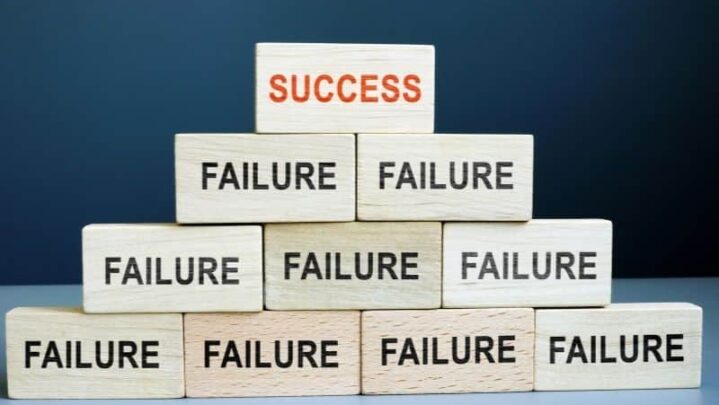There is no denying the prudence of failing forward. However, successful companies are incredibly hard to find. The reason for this gap is not a lack of interest in learning.
1.The Fault Game
In most homes, workplaces, and cultures, failure and blame go hand in hand. Every kid eventually discovers that accepting responsibility for mistakes implies failing forward. Because of this, so few businesses have adopted a psychologically safe culture that allows employees to fully benefit from failure-based learning.
2.Not Every Failure Is the Same
To avoid the blame game and implement a successful approach to failure learning, it is important to have a nuanced grasp of the contexts and reasons for failure. Although there are countless potential problems in organizations, errors may be broadly divided into three groups: those that can be avoided, those that are connected to complexity, and those that are deliberate.
3. Complex systems are prone to inevitable breakdowns.
The inherent ambiguity of work is a major cause of organizational failures since it can lead to the occurrence of unique demands, individuals, and issues. All three situations—managing a rapidly expanding start-up, prioritizing patients in a hospital emergency room, and reacting to enemy activity on the battlefield—occur in erratic circumstances.
4.At the frontier, intelligent failures.
Failures in this category can legitimately be viewed as “positive,” as they produce important new information that can assist a firm to outpace the competition and assure its continued growth.
Also Read: Priyanka Chopra Shares Her Foolproof Formula For Success





